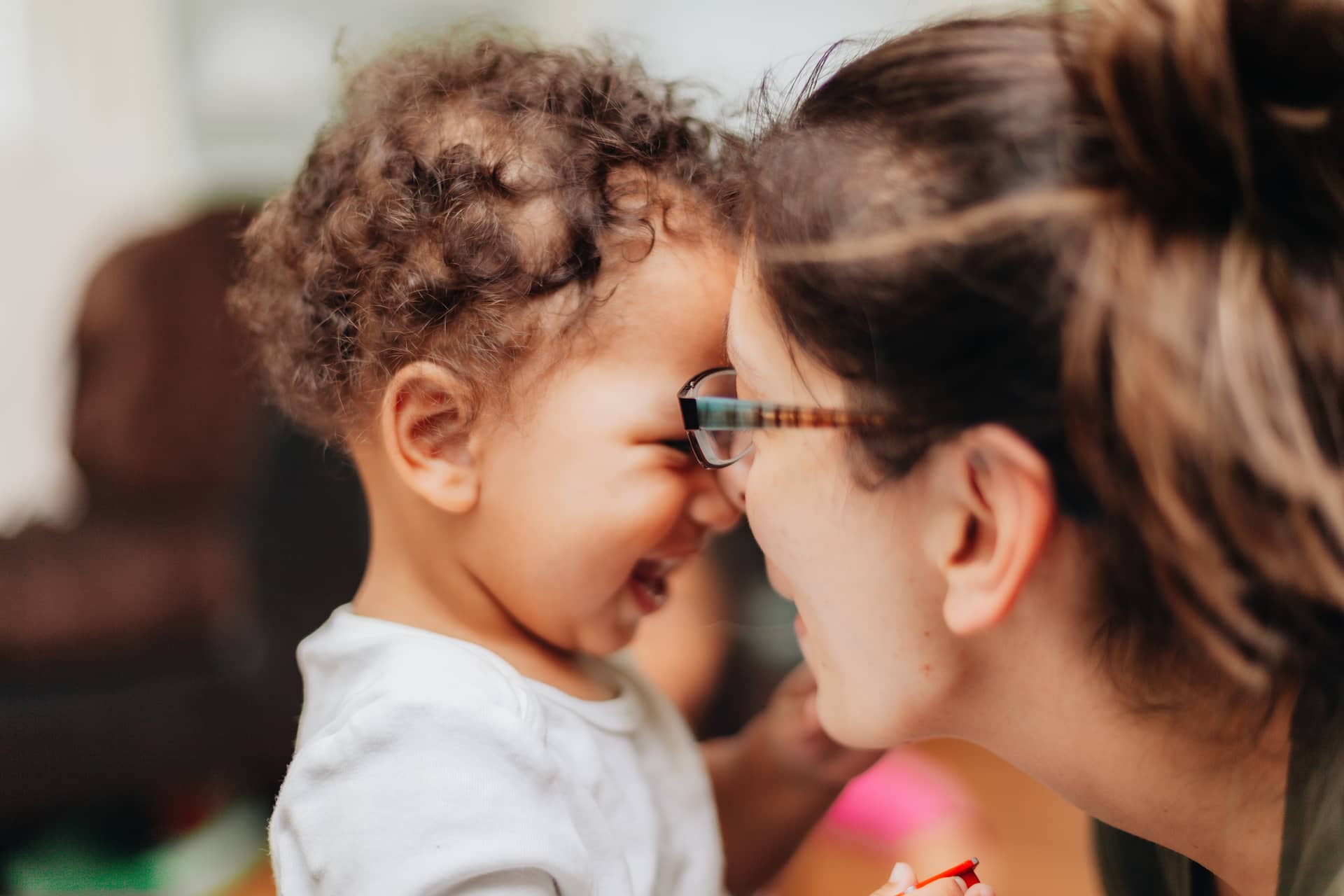Because even the holiest parents have blind spots—and God is not done with us yet.
Parenting Patterns Series
Parents bring their own patterns into parenting—both those wired into us through personality and those that were shaped by our story. Our Enneagram type and our own attachment style likely influence how we show up as a parent—often without us even realizing it. In this series, we’re exploring how self-awareness helps us recognize those patterns and grow as parents.
In the Parenting Patterns series, we’re looking at different aspects of the Enneagram. Three blog posts will be dedicated to each aspect of the Enneagram: Instincts, Centers of Intelligence, Stances, and Emotional Regulation Groups. Then we will explore attachment styles.
God meets us right where we are but does not want us to stay there.
He is in the business of transforming hearts and homes.
Exploring the Instincts
We all have an instinctive drive to survive. It’s wired into our nervous system and often operates behind the scenes. The Enneagram identifies three core survival instincts and one tends to dominate (or be over-used) for each of us:
- Self-Preservation – Focused on personal safety, comfort, resources, and physical well-being
- Social – Focused on belonging and functioning within a group
- One-on-One (also called Sexual) – Focused on deep connection in individual relationships

The One-to-One Instinct in Parenting
Parents with a dominant one-to-one instinct naturally seek close, intense connections with others. They carry themselves with confidence, aren’t afraid to stand out, and often infuse interactions with energy and passion. They crave depth, value being chosen, and find security in exclusive bonds where they feel important and understood.
In parenting, this instinct shows up through focused attention on each child, encouraging them to build deep friendships and to boldly express themselves. One-to-one dominant parents often bring enthusiasm, creativity, and intensity into the home. They nurture their children’s dreams, create meaningful traditions, and infuse family life with spirited conversation and shared adventures. You may be a very affectionate parent, using physical touch to feel more connected to your child.
In parenting, this often looks like:
- Spending dedicated one-on-one time with each child
- Creating family traditions that build strong bonds
- Encouraging kids to take risks and stand out
- Supporting children in forming close, loyal friendships
- Bringing passion and competitive energy to games and activities
- Valuing deep, honest conversations with kids
- Creating a family legacy
- Engaging with strong emotions
- Dressing and grooming children to look their best and be stylish
There is such goodness in this instinct. Having close relationships where each person feels significant creates a sense of security. Being able to trust your parent to show up for you is comforting and encouraging. Being able to open up to others is good practice for being able to be open and honest with God and desire to know him more.
Where This Instinct Might Get in the Way
Like any strength, the one-to-one instinct can create challenges. Parents may become overly intense or emotionally reactive, overwhelming children who need space. You might take it personally when your child seeks independence or closeness with others. Sometimes, this can lead to pushing children to share more than they are ready to or creating unnecessary conflict to keep the emotional connection alive. Your desire to feel chosen and important may make you sensitive to rejection, potentially leading to jealousy, control, or difficulty letting go as children grow. Your intensity and passion can also lead to being overly competitive.
You may unintentionally:
- Push your child to share more emotionally than they’re ready for
- Take it personally when your child seeks time away from you
- May be overly involved in your child’s life and try to live vicariously
- Create drama or conflict in order to feel connected
- Make your child feel responsible for your emotional well-being
- Focus so intently on your relationship with your spouse that your child may feel unnoticed
You may find yourself saying things like:
- “Why won’t you talk to me?”
- “I feel shut out.”
- “I need you to be honest with me right now.”
- “You used to tell me everything—what happened?”
These patterns can cause tension in the parent-child relationship, making children feel pressured rather than free to open up on their own terms.
What Might God Be Inviting You Into?
God sees your desire for closeness and your passion for your children. He may be inviting you to trust that He is also pursuing your child’s heart, even when you step back. He may be asking you to find security in Him rather than in your child’s closeness, allowing space for your child to grow independently while resting in the knowledge that your connection and your relationships don’t define your worth.
For Reflection
Here are a few questions to help you grow in awareness:
- Where do I feel anxious or insecure about my relationship with my child?
- How do I respond when my child pulls away or seeks independence?
- Am I making space for my child to come to me on their terms?
- How might I trust God more with the parts of my child’s heart I cannot reach?
- What does it look like to let God be the ultimate source of connection and security in my life?
Encouragement for the One-on-One Dominant Instinct Parent
Psalm 139:1-2 – “You have searched me, Lord, and you know me. You know when I sit and when I rise; you perceive my thoughts from afar.” This shows how intimately God knows you and how attentive He is to you. This is a beautiful reflection of a parent’s desire to know their child deeply.
1 John 4:18 – “There is no fear in love. But perfect love drives out fear…” You can rest in God’s love. You can let go of anxiety about closeness and trust because God is always present and void of fear. This is the type of love that your child needs–one where neither of you feel fear.
Your passion for connection is a reflection of God’s own heart—He desires deep relationship with us. When your children pull away or don’t match your intensity, remember that God is always available for deep, meaningful communion. Bring your longings to Him. Let Him fill the spaces your children cannot, and trust that He is working in their hearts even in the quiet or distant seasons. Your desire to know and be known is good—and God delights in meeting you there.
👉 Want this type of content sent directly to your inbox? Add me to your newsletter here!
Curious how your Enneagram type (and all its layers) impacts your parenting? Grab a free 15-minute coaching call by clicking the button below.



